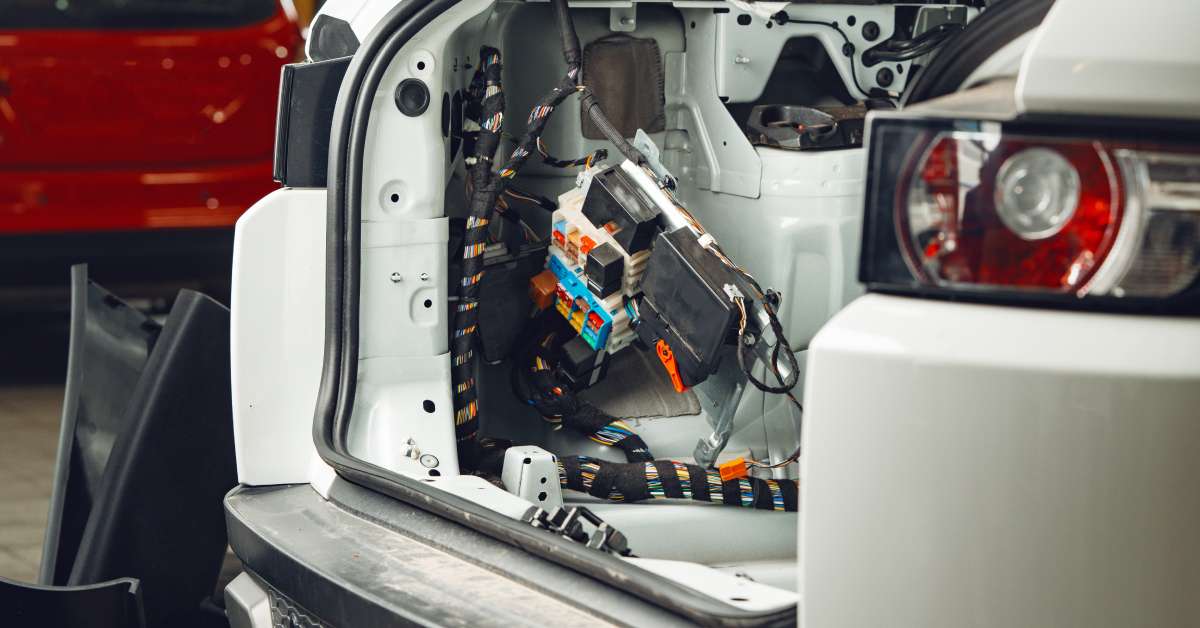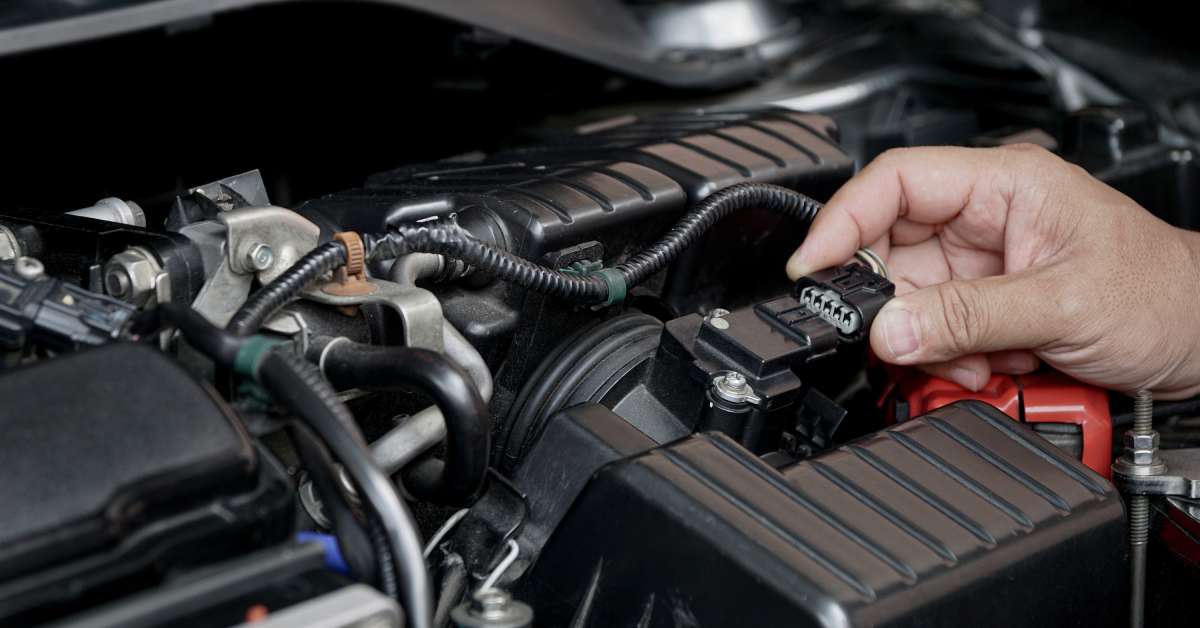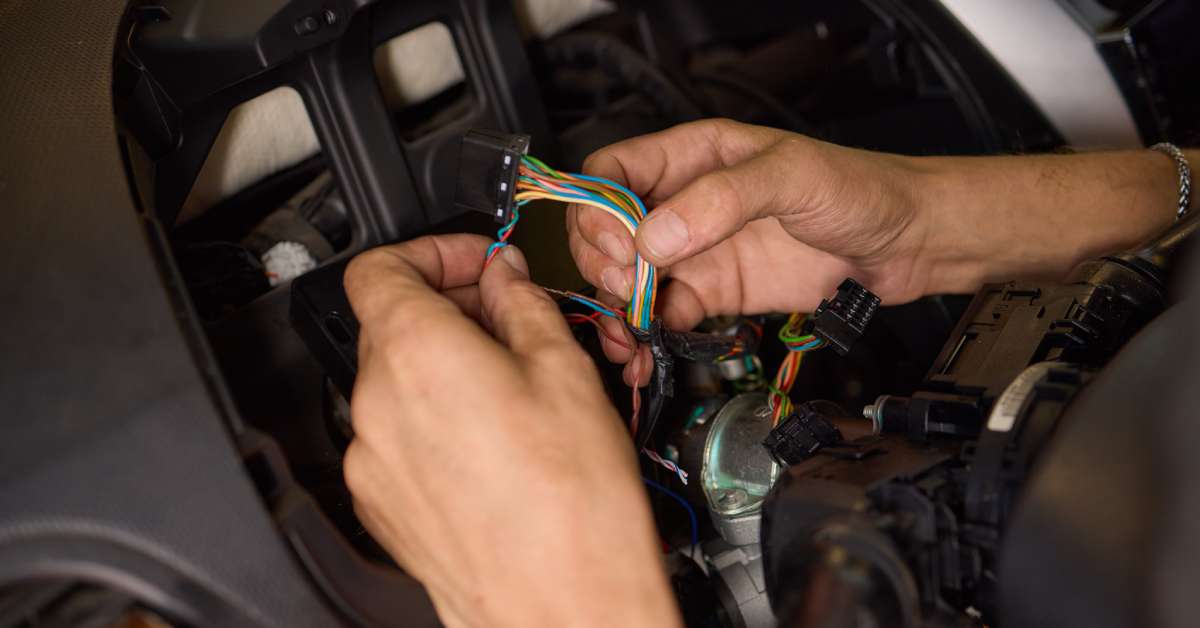Addressing Signal Integrity Problems in 7-Cavity Connectors

Signal transmission is integral when it comes to system design in automotive engines. One critical component that plays an essential role in signal transmission is the 7-cavity connector, which serves many vital functions.
However, these connectors may encounter some problems that manufacturers need to work around, and knowing how to address signal integrity problems in 7-cavity connectors can mitigate these issues.
Understanding Signal Integrity in Connectors
Signal integrity refers to the quality and reliability of electrical signals as they travel through a connector. In automotive systems, maintaining signal integrity is crucial for the proper functioning of various electronic components.
Any degradation in signal quality can result in errors, data loss, or even system failure. That’s why it’s imperative to address signal integrity problems in connectors, especially in complex 7-cavity designs.
The Role of 7-Cavity Connectors
7-cavity connectors work to facilitate the interconnection of multiple electronic circuits within a compact space. In the automotive sector, these connectors serve a pivotal role in enabling efficient communication between critical components, such as sensors, control units, and actuators.
Their configuration allows for the simultaneous transmission of various signals, which is essential for modern vehicles equipped with advanced driver-assistance systems (ADAS) and infotainment features. By providing reliable connections that minimize space and weight, 7-cavity connectors contribute to the overall performance and reliability of automotive electrical systems.
More specifically, their design can accommodate increased data rates and power requirements, ensuring they meet the evolving demands of today's automotive technology.

Common Signal Integrity Challenges
In terms of the challenges presented by 7-cavity connectors, several signal integrity issues can impede performance. One common issue is crosstalk, where signals from adjacent cavities interfere with one another, leading to unwanted noise and potential data corruption.
This is particularly problematic in high-frequency applications prevalent in modern vehicles. Additionally, improper grounding can introduce ground loops, which exacerbate electromagnetic interference (EMI) and adversely affect signal clarity.
Another critical challenge is connector misalignment during assembly, which can result in intermittent connections and inconsistent signal quality. Insufficient shielding against external electromagnetic fields is a concern, as this can allow external noise to infiltrate the connector, impacting its functionality.
Thermal effects from high currents may also change the connector's internal impedance, further limiting signal integrity.
Addressing Crosstalk in 7-Cavity Connectors
To try and reduce crosstalk in 7-cavity connectors, there are several strategies that engineers can employ. One effective approach is to use shielding between the contacts to prevent electromagnetic interference. Additionally, increasing the spacing between contacts can reduce the likelihood of crosstalk.
Engineers can also use twisted pair cables within the connector to minimize the effects of crosstalk by ensuring that they consistently balance the signals.
Tackling Impedance Mismatch
Manufacturers can address impedance mismatch by carefully matching the impedance of the connector to the connected devices. Engineers should ensure that they optimize the connector's design and materials for the specific impedance requirements of the application.
Using connectors with controlled impedance can help minimize signal reflections and losses. Additionally, implementing impedance matching techniques, such as adding termination resistors, can further improve signal integrity.
The Importance of Proper Termination
When addressing signal integrity problems in 7-cavity connectors, it’s crucial to try to maintain integrity with proper termination. Incorrect termination can lead to signal reflections and impedance mismatch.
Engineers should ensure that they terminate the connectors according to the manufacturer's specifications and use appropriate tools and techniques for termination. Regular inspection and testing of terminated connectors can help identify and address any potential issues early on.
Environmental Factors and Signal Integrity
Environmental conditions play a significant role in the performance of 7-cavity connectors and their ability to maintain signal integrity. Factors such as temperature fluctuations, humidity, and exposure to contaminants can adversely affect both the physical and electrical characteristics of connectors. High temperatures can lead to thermal expansion, influencing the alignment and contact pressure within the connector, potentially resulting in degraded connections.
Humidity is another major problem, as it can cause condensation within the connector, leading to corrosion of the contacts, which further impedes signal clarity. Contaminants such as dust, moisture, and various chemicals can compromise the connector's shielding and overall integrity, resulting in increased crosstalk and electromagnetic interference.
To counteract these environmental challenges, engineers should consider using connectors with robust materials and sealing mechanisms that provide protection against moisture and contaminants. Implementing rigorous testing procedures in diverse environmental conditions will also help ensure that 7-cavity connectors can effectively maintain signal integrity throughout their operational life span.

The Role of Materials in Signal Integrity
The choice of materials used in 7-cavity connectors is critical for ensuring reliable signal integrity. Different materials can significantly influence the conductivity, thermal performance, and overall durability of the connectors.
For instance, using high-conductivity metals, such as copper or gold-plated contacts, can reduce electrical resistance, minimizing signal loss and enhancing transmission quality. It’s also a good idea to use high-quality insulation materials like polyimide or thermoplastic elastomers, as these play a vital role in preventing crosstalk and providing necessary dielectric support, ensuring that the signals remain isolated and clear.
The Impact of Connector Design
The design of 7-cavity connectors is an important facet in determining their effectiveness in maintaining signal integrity. A well-thought-out design minimizes potential signal degradation caused by physical and electromagnetic factors.
Key design considerations include contact geometry, spacing, and layout, which all influence the connector's ability to prevent crosstalk and ensure robust signal transmission. For example, employing a staggered contact arrangement can reduce mutual coupling between adjacent cavities, thereby reducing the likelihood of interference.
The overall form factor of the connector must accommodate the specific demands of the automotive environment, such as vibration and thermal expansion. Connectors with compact and ergonomic designs not only facilitate easier integration into tight spaces but also enhance the longevity and reliability of connections under duress. Using features such as blind-mate or polarizing keys can ensure correct assembly and reduce the risk of misalignment, further safeguarding signal integrity.
As automotive technologies continue to advance, the demand for high-performance connectors like the 7-pin pigtail connector will only grow. If you're looking to enhance the signal integrity in your automotive applications, our team at Connector Experts is here to help you find the right connectors for your needs. Contact us today to discuss how our expertise can help you tackle signal integrity challenges and elevate your connector designs to the next level!

You must login to post comments.